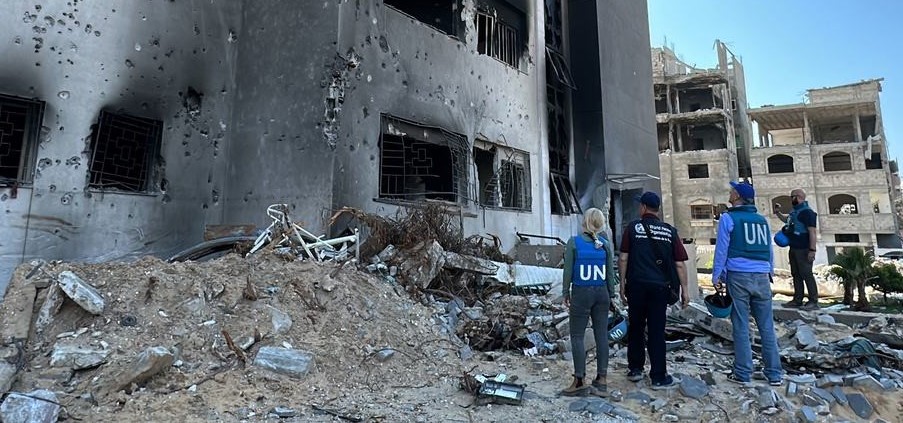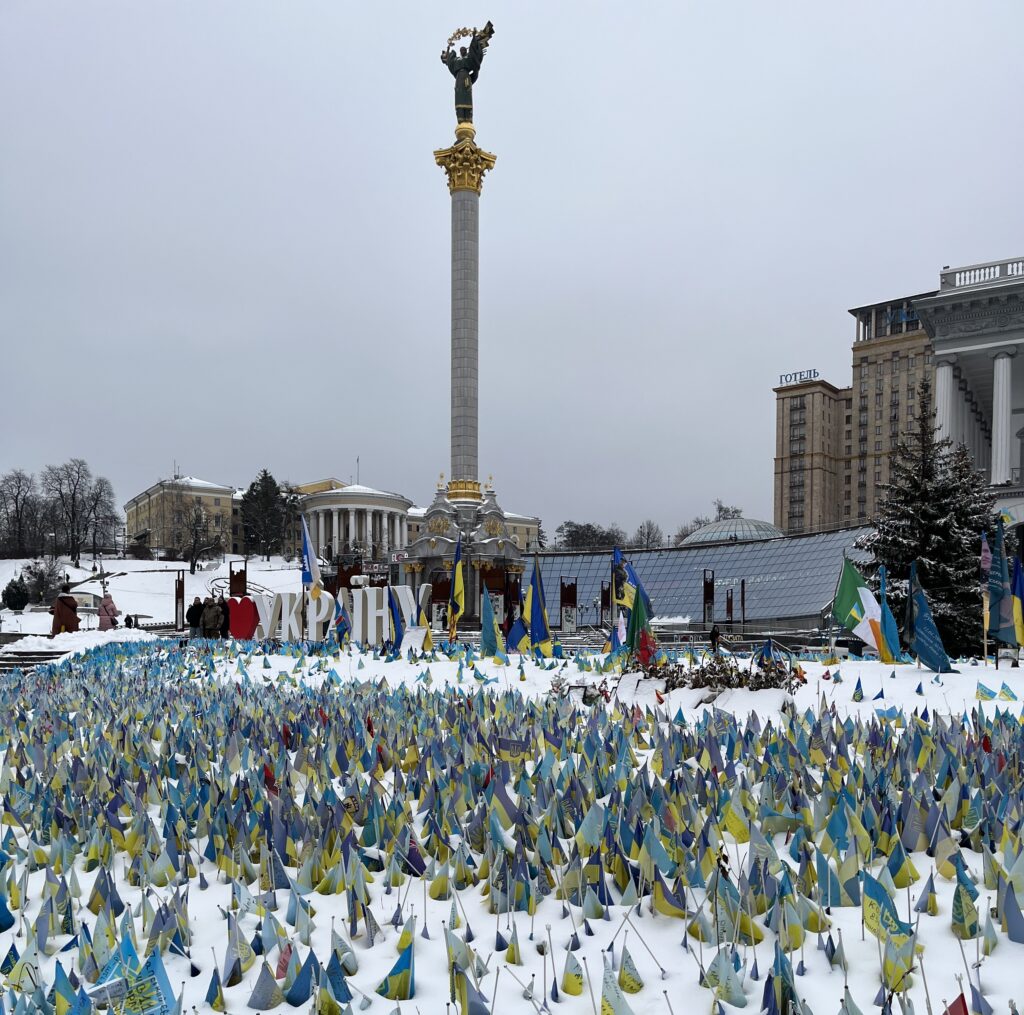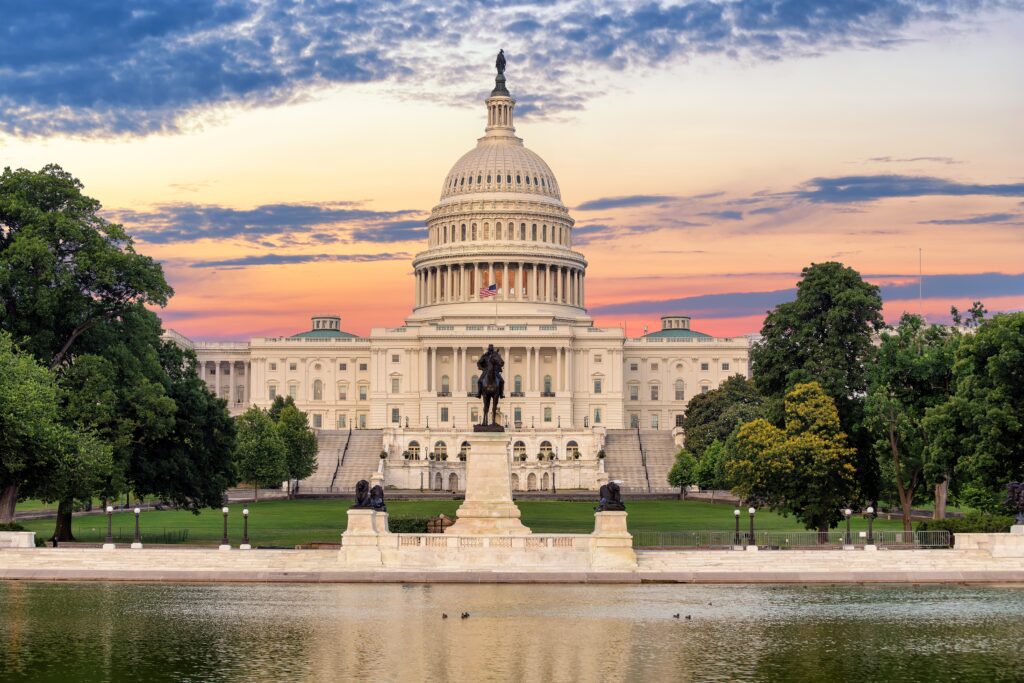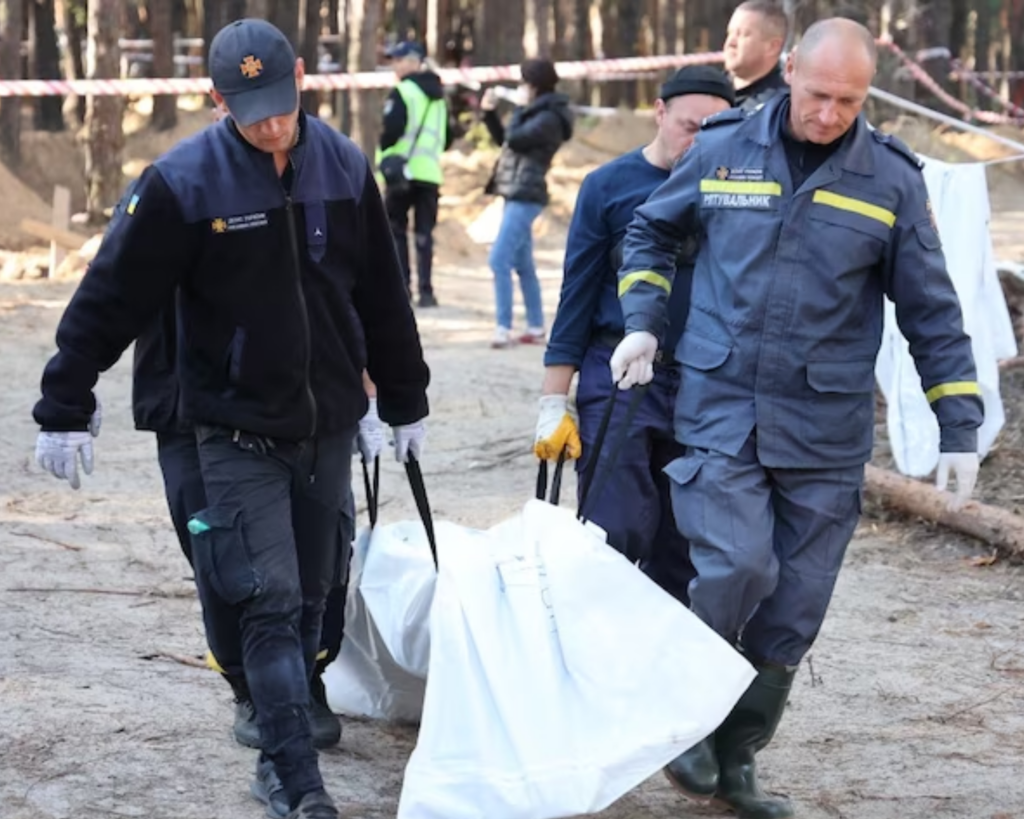On November 17, the UN Security Council approved a U.S.-drafted resolution endorsing President Trump’s 20-point Comprehensive Plan to End the Gaza Conflict, marking the most ambitious international effort since the ceasefire to establish a post-war framework for Gaza.
The resolution passed with 13 votes in favor and none against. Russia and China abstained.
U.S. Ambassador Mike Waltz hailed the outcome as an “historic and constructive resolution” that charts a new course for the Middle East.
Here’s what we know so far.
What the Resolution Sets in Motion
The resolution contains five key provisions.
It formalizes Washington’s post-war blueprint, embedding it in a UN-mandated framework rather than a bilateral political track, giving the plan the force of international law and increasing its legitimacy.
It authorizes the creation of a temporary governing authority, known as the Board of Peace (BoP), which will assume day-to-day administrative responsibilities in Gaza through at least December 2027.
It calls for the establishment of a multinational security mission – an International Stabilization Force (ISF) – that would progressively take over from Israeli forces in designated areas and oversee demilitarization provisions.
It gives the BoP authority over humanitarian aid coordination and delivery, which will be carried out in partnership with international institutions, including UN agencies and the World Bank (which backed the proposal just days before the vote).
The text also includes reference to the potential for a “credible pathway” to Palestinian self-determination and eventual statehood – the first such language to appear in a U.S.-drafted Security Council resolution since the war began.
Details of Oversight
The heart of the plan is the two-part transitional structure – civilian administration paired with international security enforcement.
The BoP is a non-UN body with international legal standing conferred by its UN Security Council authorization, and will be chaired by President Trump, with a focus on handling administration, reconstruction, budgeting and donor coordination. Its function will be one of coordination rather than replacing governance. Meanwhile, Palestinians will hold operational but not electoral roles, a scenario some analysts say could invite legitimacy challenges among the population. UN agencies will continue to lead humanitarian and civilian-protection operations with full access across Gaza.
In parallel, the ISF would assume security responsibilities once the territory is deemed sufficiently stable. Its mission includes securing Gaza’s borders, protecting humanitarian corridors and shelters, supervising phased disarmament of Hamas and other armed factions, and training a new Palestinian police service capable of eventually taking over internal security. Several Muslim-majority nations – including Indonesia, Turkey, Egypt and Azerbaijan – have indicated willingness to participate, but only under a UN mandate. No U.S. combat troops would be deployed.
Why the United Nations Remains Central
Although the structure was conceived in Washington and will be chaired by a U.S. president, diplomats stress the UN remains indispensable in post-war Gaza. That’s because UN agencies are the only ones with sustained operational access and capacity to deliver services at scale inside the Strip, troop-contributing nations to the ISF would never deploy without a UN mandate and humanitarian standards still run through UN mechanisms. The resolution also adds new aid integrity rules to guard against diversion and misuse.
Unresolved Legal, Political and Funding Questions
Despite the passage of the resolution, significant uncertainties remain.
While many parties continue to push for a governance role for the Palestinian Authority (PA), the resolution assigns interim authority to the BoP without PA representation, oversight mechanisms or detailed accountability rules. The conditions and timeline for transferring authority to the PA are also broadly defined. Several delegations — including Russia, China and Arab governments — underscored that long-term stability requires clear pathways for Palestinian consent and meaningful political participation.
Critically, any multinational force will fail without America’s full financial support of the UN. In the past three months alone, the Administration has clawed back more than $800 million in funds that Congress already approved for UN peace operations and withheld money obligated for UN membership dues. If the U.S. continues to push for countries to support vital efforts such as this and then delays or denies funding, it will undermine the ISF and further erode U.S. credibility to pursue broader peacebuilding efforts on the global stage.
Why the Vote Matters for the United States
For Washington, the resolution represents a major strategic shift. It moves Gaza from emergency relief to internationally administered stabilization, continues American engagement while avoiding direct troop deployment and distributes security, reconstruction and financial responsibility across a broader coalition.
It also comes after the U.S. and other members of the Security Council have struggled to agree on Gaza-related resolutions. Despite such challenges, the Trump administration reaffirmed the importance of the UN as a central diplomatic venue and the significance of a UN mandate for rallying the world around a U.S. foreign policy priority.
What Comes Next
Congress has a critical role to play as the action on implementation moves to Washington. Lawmakers will now determine funding and conditionality for U.S. contributions, including the structure of a World Bank-managed Gaza reconstruction trust fund and funding for badly needed humanitarian relief.
The resolution marks the first internationally-backed, multi-year roadmap intended to move Gaza from war toward reconstruction, governance and, potentially, political determination. Supporters argue that it may help stabilize the territory and reset regional diplomacy, while critics warn that without legitimacy and enforceable accountability, Gaza could become trapped in a provisional international system – stable enough to function, yet too fragile to produce sovereignty or lasting peace.




